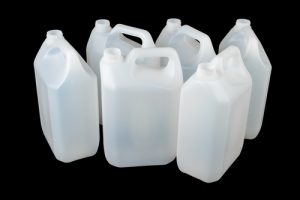
Credit: Imfoto/Shutterstock
According to one product manufacturer’s analysis, HDPE can be shredded, melted and molded into products 10 times before its quality is compromised.

Credit: Imfoto/Shutterstock
According to one product manufacturer’s analysis, HDPE can be shredded, melted and molded into products 10 times before its quality is compromised.
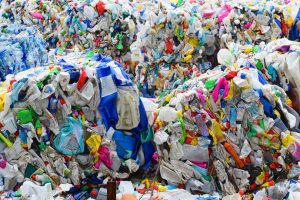
Credit: Tunatura/Shutterstock
Boatloads of readers clicked on stories about the fallout from China’s recovered plastics import restrictions. They were also drawn to coverage of an Australian film-recycling effort.
Continue Reading
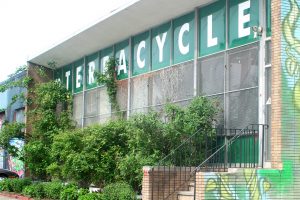
TerraCycle office in Trenton, N.J. Credit: TerraCycle
TerraCycle is a high-profile company that gets a lot of press, but because it’s a private business, much has been unknown about its operations and income. A new financial filing provides details on how it manages post-consumer plastics, including which major reclaimer it relies on and where it sells recovered resins.
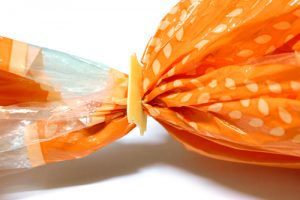
Credit: On Ter/Shutterstock
Municipal programs are often short on funds, and it’s easy for recycling outreach to fall on the back burner amid budget constraints. East Hartford, Conn. recently took action on the issue by partnering with a plastics industry initiative.

Credit: MAGNIFIER/Shutterstock
Chinese authorities have issued the first five rounds of recyclable-material import permits for 2018. Compared with 2017, the country has allowed in substantially less recovered plastic and approved permits for far fewer companies across all material types.
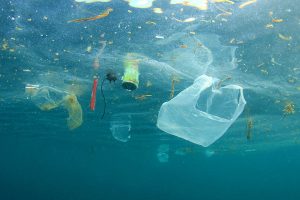
Credit: Rich Carey/Shutterstock
A Spanish plastics research institute has begun work on two recycling initiatives. One effort will target floating ocean plastics, and the other will recycle PE and EPS generated by businesses.
 Major brands fund a recycling outreach campaign to thousands of students, and prices increase for recovered PET and HDPE.
Major brands fund a recycling outreach campaign to thousands of students, and prices increase for recovered PET and HDPE.

Phillip Karig
With two weeks to go until the annual Plastics Recycling Conference, we’re featuring another expert who will take the stage to share industry insights.
 A couple of depolymerization companies announce major milestones in their efforts to recycle PET on a broader scale.
A couple of depolymerization companies announce major milestones in their efforts to recycle PET on a broader scale.

Credit: Nguyen/Shutterstock
Five consumer-products companies recently made public commitments to produce recyclable packaging or increase their recycled content by 2025.

